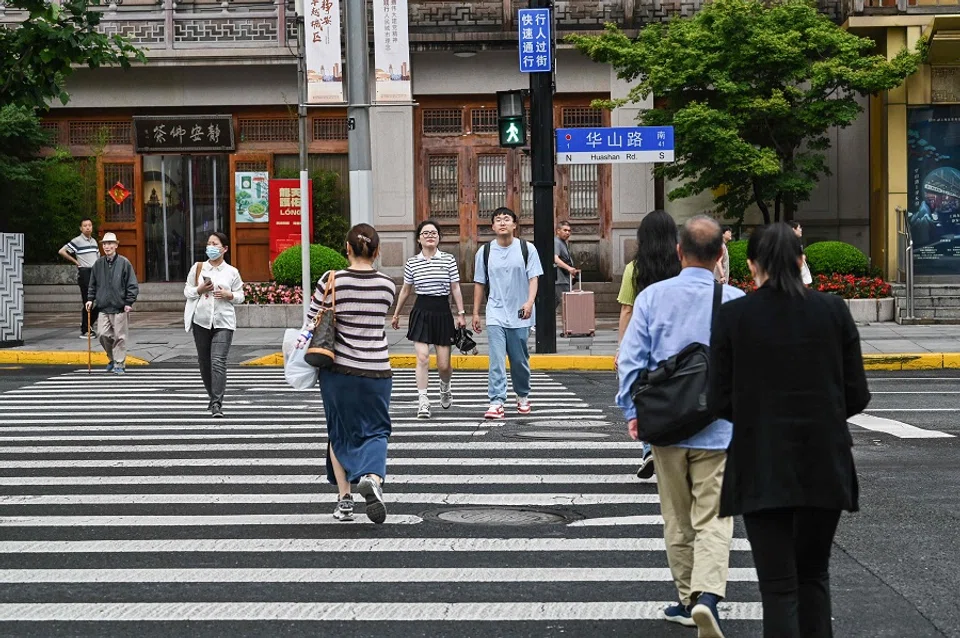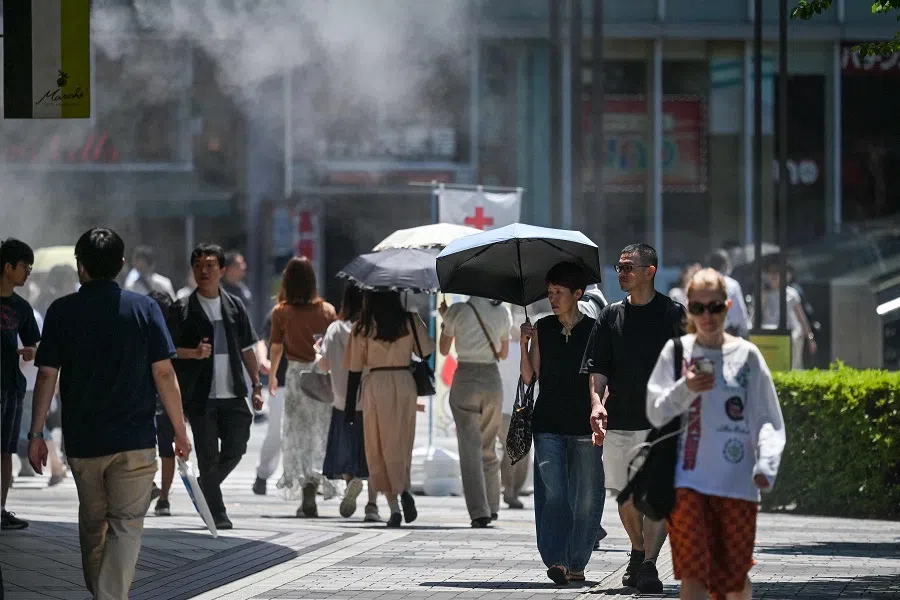Attacks on foreigners in China could spur anti-Chinese sentiment
Despite the Chinese government labelling them as isolated incidents, cases of foreigners being attacked or detained in China are rising, says Japanese academic Shin Kawashima.

Recently, there have been a number of incidents involving foreigners in China.
In June, four Americans teaching at Beihua University in Jilin city, Jilin province, were attacked with knives while walking in a park. The perpetrator, a man in his 50s, was arrested, but the Chinese foreign ministry insisted that the incident was isolated and not specifically directed at foreigners or Americans. In addition, a foreign ministry spokesman stressed that China is widely regarded as one of the safest countries in the world. The US government has not made this a diplomatic issue, and it has not had a significant impact on US-China relations at this time.
In the latest case, the Japanese government also avoided making it a diplomatic issue and responded calmly.
Increasing attacks on foreigners in China
Then, at the end of the same month, a Japanese school bus was attacked in Suzhou, Jiangsu province, injuring a Japanese mother and child. The victims, a Japanese mother in her 30s and her preschool-aged son, were waiting for their child to return home from school when the attack occurred. In the aftermath of the attack, Japanese schools in China raised their alert levels. The school bus attendant, a Chinese woman, also sustained serious injuries and tragically passed away as a result.
After this incident, it was discovered that a Japanese person had been attacked at the same place two months earlier and a man in his 50s was arrested as a suspect. At that time too, the Chinese foreign ministry had emphasised that China is widely considered one of the safest countries in the world.
In the latest case, the Japanese government also avoided making it a diplomatic issue and responded calmly. Chief Cabinet Secretary Yoshimasa Hayashi showed a calm response, saying, “It is regrettable that such an incident occurred. We pray for the victim’s speedy recovery.”
Shuichi Akamatsu, consul-general of Shanghai, visited the Chinese bus assistant who was hospitalised after the incident. The Chinese woman was attacked while trying to protect the Japanese mother and child.
After the woman’s death, Akamatsu said, “I express my deepest respect and gratitude for her actions in risking her life to protect these people from the attackers. We will never forget her noble and dedicated act.” In addition, Hayashi, Foreign Minister Yoko Kamikawa, and Japanese ambassador to China Kenji Kanasugi all issued statements of condolence. The Japanese embassy in Beijing and the consulate-general in Shanghai also lowered their flags at half-mast to express their condolences.
... the Chinese authorities must swiftly address the incident and be transparent in their efforts to provide more information.
Rising cases of foreign businessmen being detained
Recently, in addition to these attacks on foreigners by Chinese, there have been a number of cases of foreign businessmen being detained in China and of Chinese scholars who had been teaching at universities in Japan going missing, possibly detained when they returned to China.
There are voices of concern about the safety of foreigners in China. Of course, the number of people who have been attacked or detained may be very small compared to the total number of foreigners stationed in China. However, the numbers are certainly increasing. The Chinese government has always emphasised “national security” and asked its citizens to be wary of various foreign infiltration attempts and colour revolutions from abroad.

When an attack on a foreigner occurs in China, as has happened recently, the problem is that a chain of “isolated” incidents may occur, causing a rapid deterioration of public sentiment. Knowing this, governments around the world are responding calmly.
However, the dissemination of information and potential hoaxes in the media can stir public sentiment. To mitigate the spread of false rumours, the Chinese authorities must swiftly address the incident and be transparent in their efforts to provide more information.





